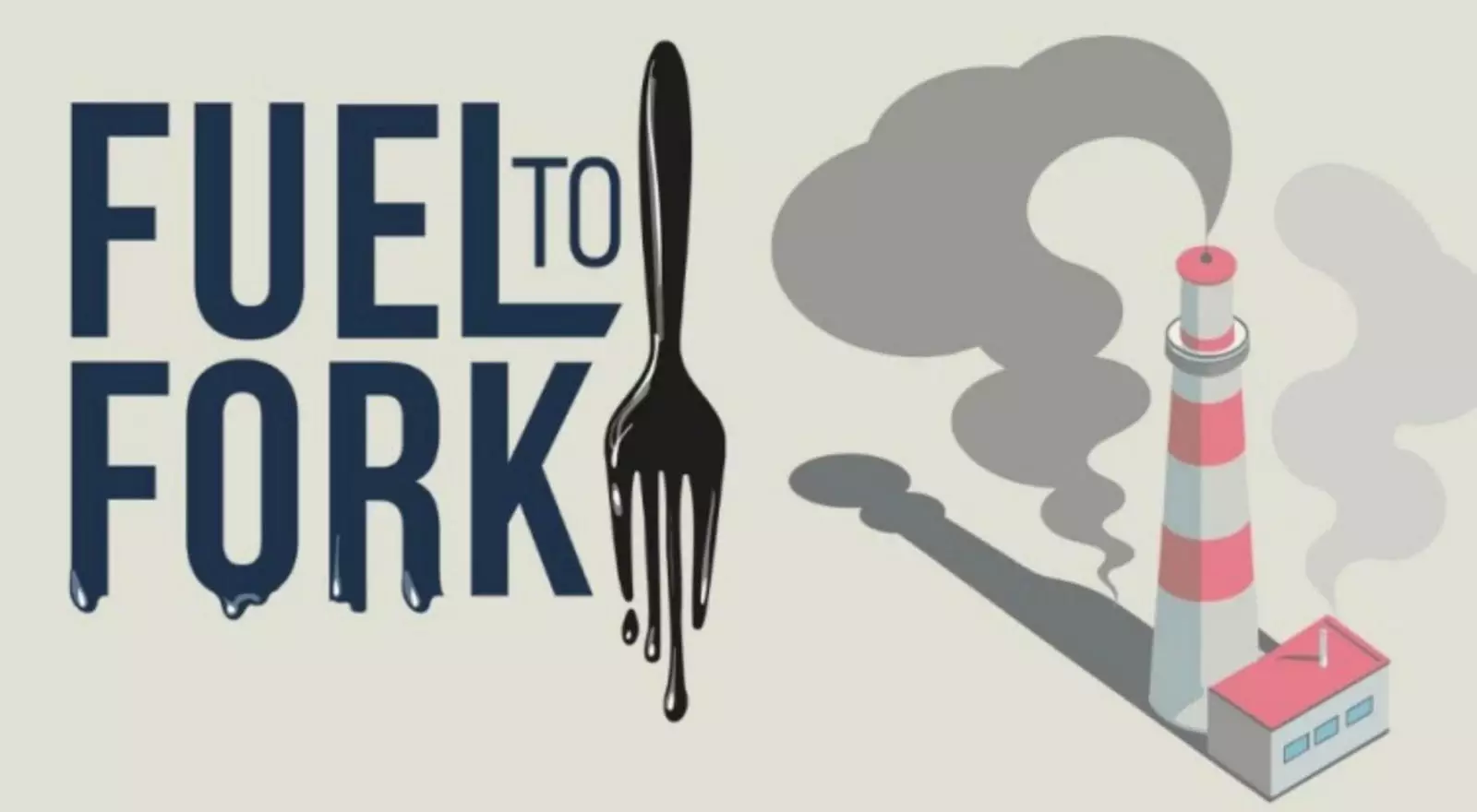The modern food industry is intricately intertwined with fossil fuels in ways that many consumers remain blissfully unaware of. Every item purchased in a grocery store is the culmination of extensive processes—transportation, refrigeration, packaging—each significantly reliant on fossil fuels. This relationship extends beyond merely recognizing fossil fuels as an energy source; it threads through the entire agricultural supply chain, illuminating a systemic reliance that poses significant environmental challenges.
Recent discussions within the food sustainability community, as highlighted in the podcast “Fuel to Fork,” released on October 24, 2023, further delve into this issue. A collaborative effort by IPES-Food, TABLE Debates, and the Global Alliance for the Future of Food, this podcast series spans seven episodes and meticulously examines the omnipresent role of fossil fuels from farm to fork. By quantifying the fossil fuel consumption within food systems—accounting for an alarming 15% of global fossil fuel use—this series aims to spark dialogue about reducing this dependence.
The food supply chain, often romanticized as a wholesome and resource-efficient network, reveals a disturbing truth upon closer examination. Detailed breakdowns indicate that processing and packaging are responsible for approximately 42% of fossil fuel consumption, while retail processes and waste contribute another 38%. Farms themselves, with their inputs and required energy, comprise 20% of total fossil fuel use. Thus, for every calorie that reaches consumers’ plates, nearly 10 calories of fossil fuels are expended in its journey.
The trend toward increasing energy intensity—fueled by the surge in ultra-processed foods and complex supply chains—exacerbates this reliance. As various food systems evolve, so too does the demand for food-related plastics and fertilizers, both derivatives of petrochemicals. Collectively, these substances represent a staggering 40% of petrochemical production, suggesting a future where industries pivoting away from fossil fuels may inadvertently lock in new forms of fossil dependence.
The implications of the food industry’s reliance on fossil fuels and petrochemicals extend fervently into the climate change discourse. Experts, including Anna Lappé of the Global Alliance for the Future of Food, warn that without initiating comprehensive reform conversations, efforts to tackle climate challenges may inadvertently exacerbate other environmental problems. According to projections from the International Energy Agency, petrochemicals are set to contribute to more than two-thirds of global oil demand growth by 2026.
It’s critical to understand that both pesticides and nitrogen fertilizers are petrochemical products, underscoring the urgency of reevaluating agricultural practices. For instance, nitrogen fertilizer alone accounts for roughly 5% of global natural gas usage. With estimates suggesting a potential 50% growth in the use of nitrogen fertilizers by 2050, it becomes clear that the ramifications of current agricultural practices could compound the challenges presented by climate change.
Despite the daunting nature of these revelations, there are promising avenues being explored, particularly in the Global South and within marginalized communities in the United States. Grassroots solutions focusing on local agriculture, regenerative practices, and community resilience are emerging as beacons of hope. However, such transformative approaches necessitate a thorough and carefully executed Just Transition strategy, one that ensures equity in the agricultural economy while simultaneously addressing the systemic issues associated with fossil fuel dependence.
As consumers, we wield the power to influence change in our food systems. By making informed choices about what we eat and where it comes from, we can collectively push for a shift away from an industry entrenched in fossil fuels. Additionally, leveraging public financing for sustainable practices could foster an environment in which innovation and ecological responsibility thrive.
The confluence of food technology, environmental sustainability, and energy innovation presents both challenges and opportunities. The insight gleaned from initiatives like “Fuel to Fork” delineates a stark reality: to secure a sustainable future, we must radically reconsider our food systems’ design. Undertaking this endeavor not only requires awareness but also a profound commitment to restructuring our production and consumption models to eschew persistent fossil fuel reliance fostering a more resilient planet for future generations.


Leave a Reply